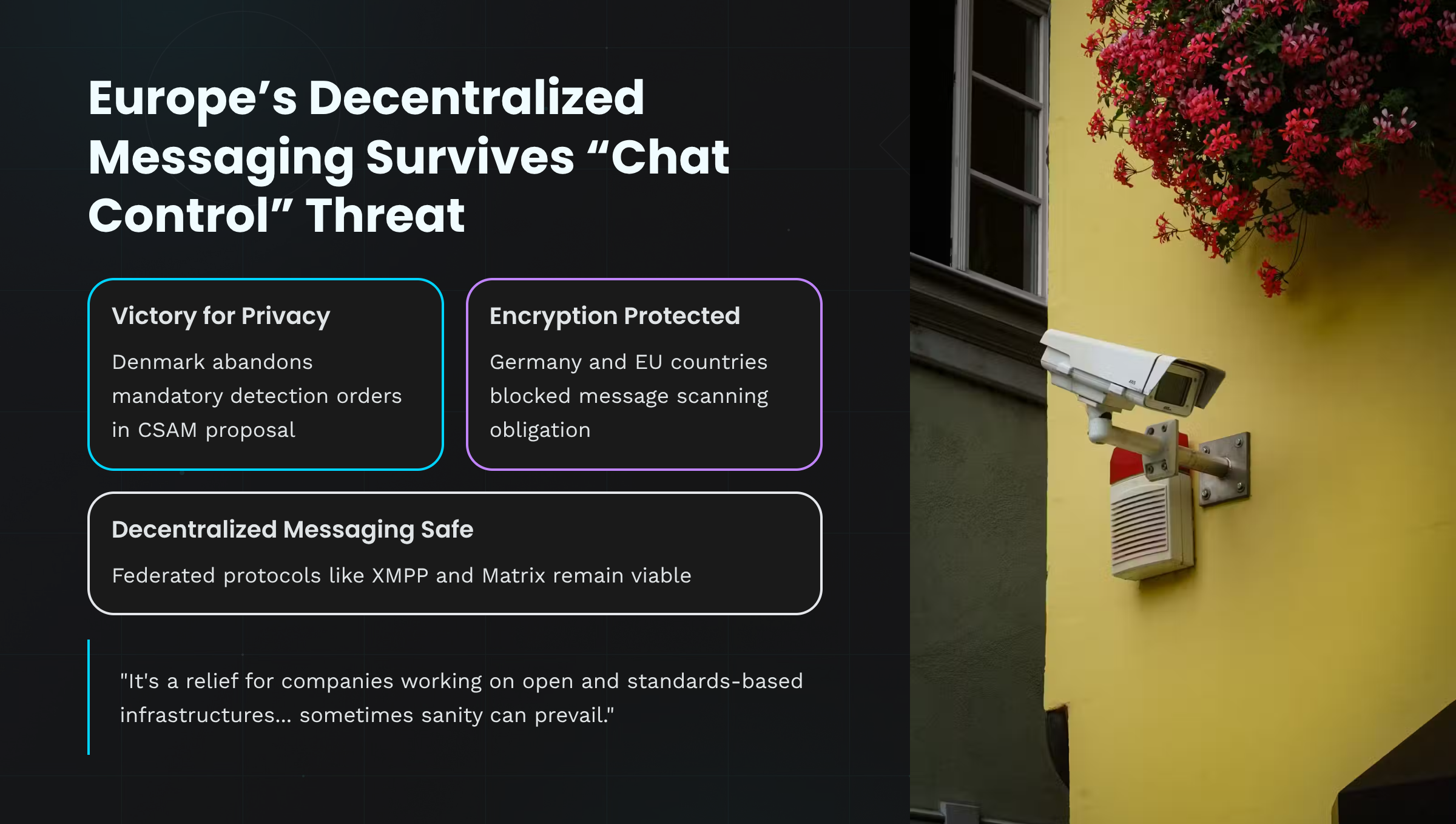gomodjail imposes syscall restrictions on a specific set of Go modules, so as to mitigate their potential vulnerabilities and supply chain attack vectors.
In other words, gomodjail is a "container" (as in Docker containers) for Go modules.
gomodjail can be applied just in the following two steps:
Step 1: add gomodjail:confined comment to go.mod:
require (
example.com/module v1.0.0 // gomodjail:confined
)
Step2: run the program with gomodjail run --go-mod=go.mod:
gomodjail run --go-mod=FILE -- PROG [ARGS]...
Runtime dependencies:
- Linux (4.8 or later) or macOS
- x86_64 (aka "amd64") or aarch64 ("arm64")
Build dependencies:
Makefile variables:
- PREFIX: installation prefix (default: /usr/local)
An example program is located in ./examples/victim:
cd ./examples/victim
go build
./victim
Confirm the "malicious" vi screen:
*** ARBITRARY SHELL CODE EXECUTION ***
This 'vi' command was executed by the 'github.com/AkihiroSuda/gomodjail/examples/poisoned' module.
This example is harmless, of course, but suppose that this was a malicious code.
Type ':q!' to leave this screen.
Run the program again with gomodjail run --go-mod=go.mod, and confirm that the execution of the "malicious" vi command is blocked.
gomodjail run --go-mod=go.mod -- ./victim
level=WARN msg=***Blocked*** syscall=pidfd_open module=github.com/AkihiroSuda/gomodjail/examples/poisoned
examples/profiles has several example profiles:
- docker.mod: for docker (not dockerd)
- ...
- Not applicable to a Go binary built by non-trustworthy thirdparty, as the symbol information might be faked.
- Not applicable to a Go module that use:
- No isolation of file descriptors across modules. A confined module can still read/write an existing file descriptor, although it cannot open a new file descriptor.
- The target binary file must not be replaced during execution.
- The gomodjail:confined policy is not well defined and still subject to change.
- This is not a panacea; there can be other loopholes too.
macOS:
- Not applicable to a Go binary built with -ldflags="-s" (disable symbol table)
- The protection can be arbitraliry disabled by unsetting an environment variable DYLD_INSERT_LIBRARIES.
- Only works with the following versions of Go:
- 1.22
- 1.23
- 1.24
- Not applicable to a Go module that use:
- To create a self-extract archive of gomodjail with a target program, run gomodjail pack --go-mod=go.mod PROGRAM. The self-extract archive is created as <PROGRAM>.gomodjail.
Linux:
- SECCOMP_RET_TRACE is used for conditionally allowing trusted Go modules to execute the syscall. SECCOMP_RET_USER_NOTIF is not used because it cannot access all the CPU registers, due to the lack of struct pt_regs in struct seccomp_data.
- Stack unwinding is used for analyzing the call stack to determine the Go module.
macOS:
- DYLD_INSERT_LIBRARIES is used to hook libSystem (libc) calls.
- In addition to the frame pointer (AArch64 register X29), struct g in the TLS and g->m.libcallsp are parsed to analyze the CGO call stack. This analysis is not robust and only works with specific versions of Go. (See Caveats).
- Automatically detect non-applicable modules (explained in Caveats).
- Apply landlock in addition to seccomp. Depends on SECCOMP_IOCTL_NOTIF_ADDFD.
- Modify the source code of the Go runtime, so as to remove necessity of using seccomp (Linux) and DYLD_INSERT_LIBRARIES (macOS).
- docs/syntax.md: syntax
- examples/profiles/README.md: profiles
.png)



